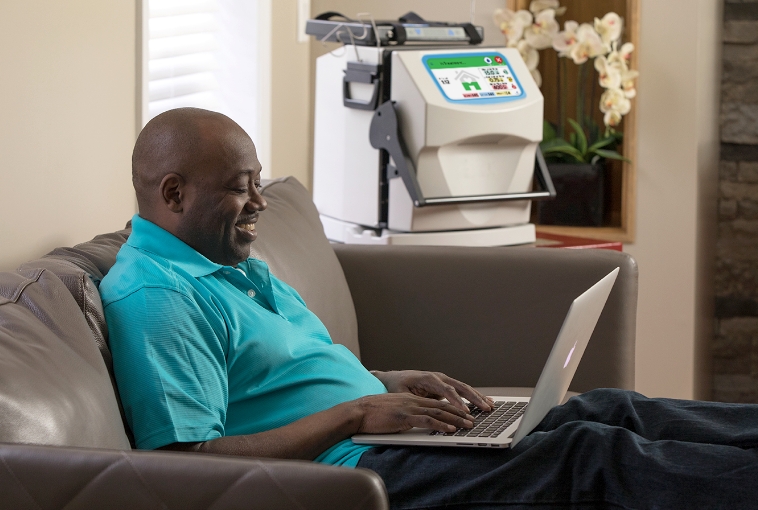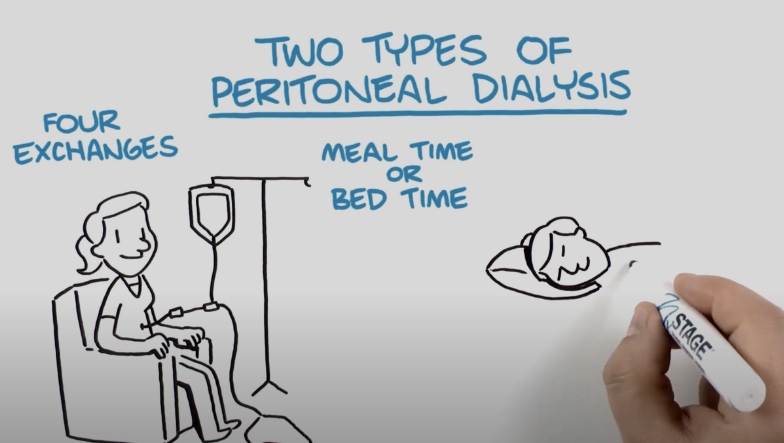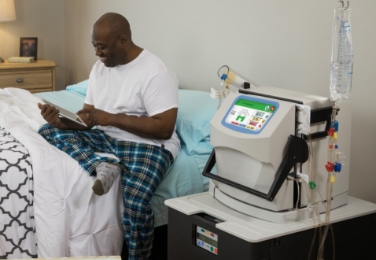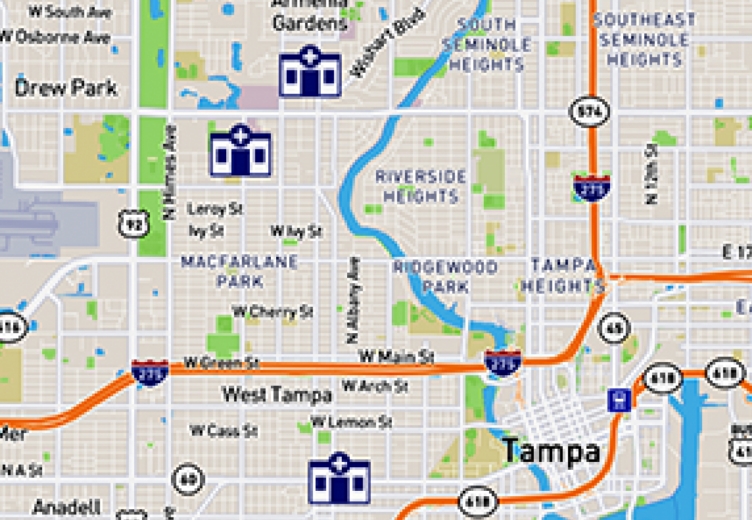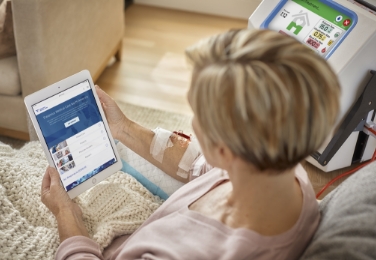Home Hemodialysis Customer Support: 866-697-8243
Peritoneal Dialysis Customer Support: 800-323-5188
Talk to a Patient Consultant About Home Dialysis: 888-200-6456
Home Hemodialysis Customer Support: 866-697-8243
Peritoneal Dialysis Customer Support: 800-323-5188
Talk to a Patient Consultant About Home Dialysis: 888-200-6456
Home Hemodialysis Customer Support: 866-697-8243
Peritoneal Dialysis Customer Support: 800-323-5188
Talk to a Patient Consultant About Home Dialysis: 888-200-6456
Home Hemodialysis Customer Support: 866-697-8243
Peritoneal Dialysis Customer Support: 800-323-5188
Talk to a Patient Consultant About Home Dialysis: 888-200-6456
What You Need to Know About Kidney Disease
You don’t always feel sick when you have kidney disease. But getting the diagnosis can make you feel overwhelmed. If you have it, you are not alone. Studies show that 30 million Americans suffer from chronic kidney disease (CKD) and millions more are at risk.1
We want to provide you with the information you need to help you better cope with the disease, and so you can take an active role in your own care. When you understand more about your kidneys, the disease and your options for treatment, you may have a better chance of improving your quality of life with CKD.
YOUR KIDNEYS ARE VITAL TO YOUR HEALTH
Your kidneys are bean-shaped organs behind your rib cage on either side of your spine. You have two kidneys, although you only need one to survive. Each kidney is roughly the size of your fist and it plays several important roles within your body:
- They remove waste from your blood. In fact, they filter roughly 200 liters of blood every day.
- They regulate and control your blood pressure. They manage how much fluid remains inside your body.
- They keep your bones healthy.
- They regulate certain chemicals in your body.
Stages of Kidney Disease
Kidney disease goes through several stages. With regular health checkups, your primary care doctor can help you prevent many conditions that lead to kidney disease or catch symptoms early enough to slow the progress of the disease.
When damage to your kidneys is permanent, it is called Chronic Kidney Disease (CKD). Your kidneys can still work if there is only minor damage. If the damage gets worse, CKD can lead to End-Stage Renal Disease – also called kidney failure. If you have been diagnosed with End-Stage Renal Disease, the kidneys have stopped working well enough to filter your blood and you will need dialysis treatments or a transplant.
Visit our Treating Kidney Disease page to get more information about home dialysis treatment options.
REFERENCES
- National Chronic Kidney Disease Fact Sheet, 2017. US Department of Health and Human Services, Centers for Disease Control and Prevention; 2017: https://www.cdc.gov/kidneydisease/pdf/kidney_factsheet.pdf
APM2090 Rev. E
350 Merrimack Street
Lawrence, MA 01843
United States
350 Merrimack Street
Lawrence, MA 01843
United States
920 Winter Street
Waltham, MA 02451
United States
920 Winter Street
Waltham, MA 02451
United States
1-866-NxStage (697-8243)
1-866-NxStage (697-8243)
© 2025 Fresenius Medical Care. All Rights Reserved.
© 2025 Fresenius Medical Care. All Rights Reserved.


